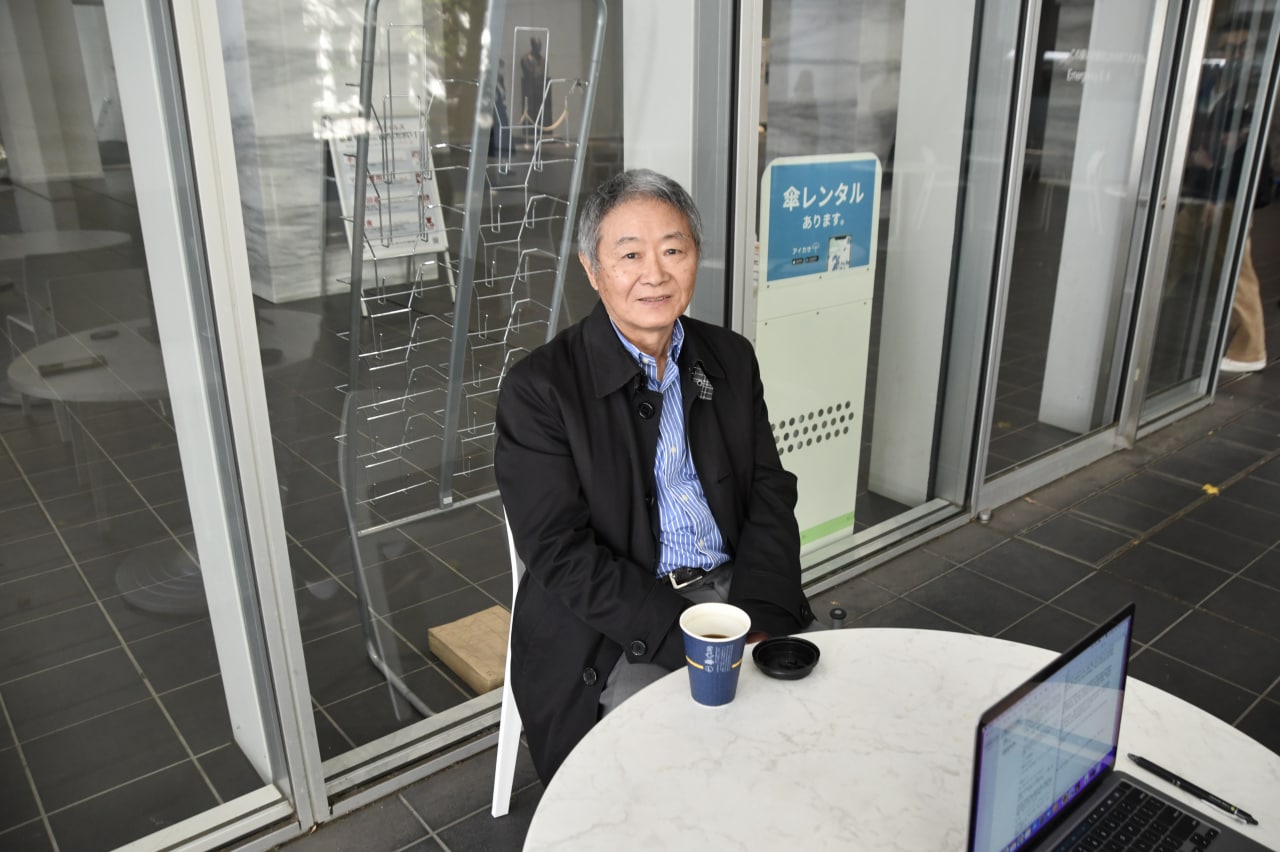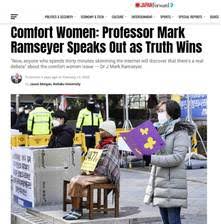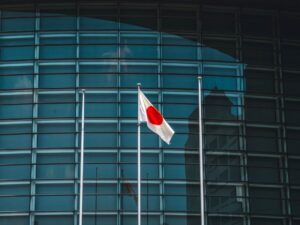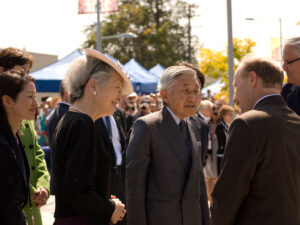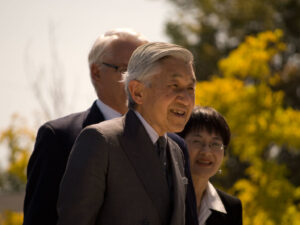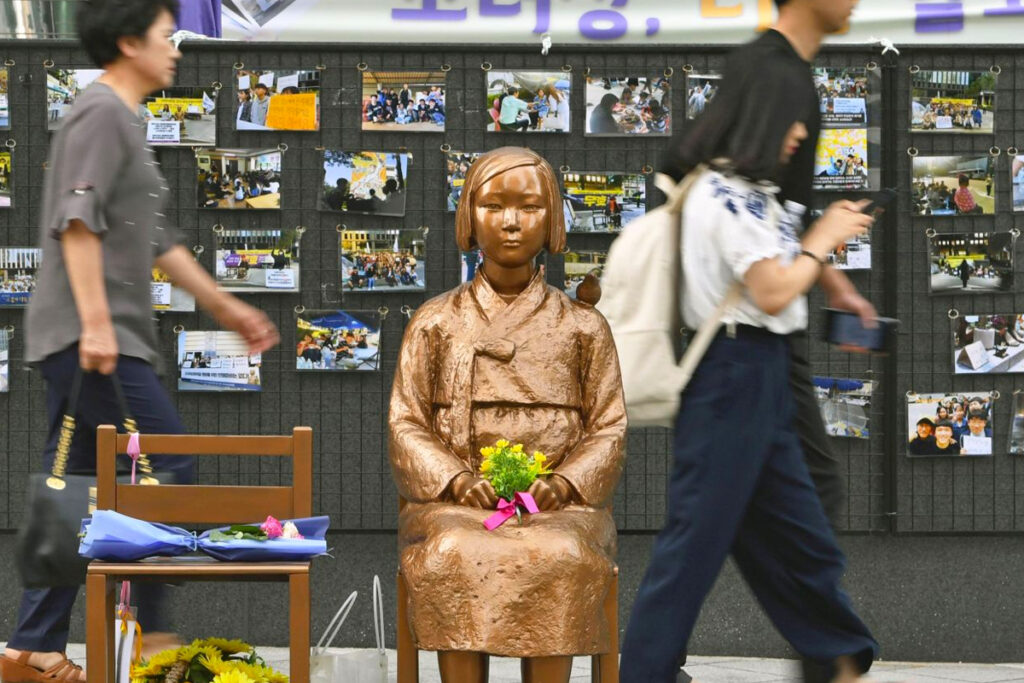
Over a tweeted post by a university faculty member, a petition campaign was launched on the Internet calling for his punishment. The subject of the petition was Tetsuo Arima, a prominent Japanese sociologist and professor at the prestigious Waseda University.
Mr. Arima is well known for his outspoken and fact-centered statements on a regular basis. However, his “as-is” statements have triggered a signature drive by an unidentified specific group.
The initiators of the signature drive claimed that some of Arima’s tweets amounted to “ethnic discrimination” and “denial of history. And while his comments on the comfort women issue and the Korean community have led to a worldwide “cancel culture” of prejudice, Arima’s supporters immediately called for support on the same signature site, with more than 15,000 signatures to his opponent’s roughly 6,000. He recently strengthened his position on comfort women through an article he co-authored with Harvard Law School Professor Mark Ramseyer.
In an interview with JAPAN Forward, Arima touched on the signature campaign case and other issues. He also discussed his recent paper, which has been downloaded more than 6,500 times on the Social Science Research Network (SSRN).
The main exchanges with Mr. Arima are as follows
He demanded an internal investigation and his dismissal from the university, claiming that it was based on
I was the subject of a cancellation culture, what do you think?
It is not common in Japan to hear of a request for dismissal or a signature campaign being initiated over a tweet by a university faculty member. The initiating organization has collected similar signatures before, but never seems to have been successful. As is the case in all countries, universities have job regulations. As long as they do not violate those regulations, they are rarely if ever dismissed from their positions. I don’t care if it is in a class at the university, my comments on Twitter are just an expression of my personal opinion in a private space, not part of my job duties. I have never had my comments deleted by Twitter for being racist.
What do you think about the accusations of “racism” and “denial of history?”
I don’t understand it at all. The statements about Koreans were pointing out facts within a specific context. In no way did they express discrimination against any particular racial and ethnic group.
Likewise, my position on the comfort women issue is based on historical evidence and research. I have yet to see a rational and academically sound rebuttal by the opposition. I dare say that I have taken a very objective position on the comfort women issue. For example, I once disproved a scoop article (Shukan Bunshun) by Yamaguchi Takayuki, who accused the Korean military of operating comfort stations in Vietnam. The incident in Vietnam was not a comfort station operated by the Korean military, but a brothel privately run by corrupt Korean soldiers.
How is it that the comfort woman sex slave discourse can get away with it? Is it a problem with the academy?
In part, yes. Take, for example, the University of Tokyo, one of Japan’s most prestigious universities. Traditionally a hotbed of communist ideology, it has produced many prominent leftist thinkers. And many of them have become faculty members at Japan’s elite schools and have led self-defeating debates in certain fields, including modern history. They discuss modern history in the context of denying the history of the Japanese Empire and its colonies. In that vein, the comfort women system is for them a byproduct of Japan’s colonial expansion.
The paper explored the connection between comfort women and North Korea. What is the content of the paper?
Let me explain from a historical background. The comfort women issue emerged in the early 1990s, when the Soviet Union collapsed and its influence over North Korea weakened. North Korea effectively lost its most powerful nuclear backer and had to face the U.S. alone since 1991. For this reason, then President Kim Il Sung and his successor regime focused on the development of ballistic missiles and nuclear weapons. Naturally, this sparked serious concerns about the security of East Asia.
Another important event was the mass abduction of Japanese and South Koreans by North Korea. This is a diplomatic crisis shared by Japan and South Korea. The North Korean dictatorship was desperately seeking ways to keep Japan away from its traditional ally (the United States) and potential ally (South Korea). To this end, North Korea immediately brought up the comfort women issue in the Japan-North Korea normalization negotiations that began in 1991.
What is the relationship with the Justice Federation?
This organization has often fueled unfounded anti-Japanese sentiment and has actively promoted ways to distance South Korea from its allies. It has also consistently obstructed attempts at reconciliation between Japan and South Korea regarding the comfort women.
This agenda was expanded under the leadership of Mika Yun, the former head of the Justice Federation, who is now under investigation for corruption and fraud. The Justice Federation’s predecessor, the Paratroopers Association, was originally founded in collaboration with North Korea, and Yun has been active in the organization from its inception. Yun’s husband, Kim Sam-seok, has a history of being arrested and charged with spying for North Korea and passing documents to agents of the North. His sister, Kim Eun-ju, was also arrested and indicted on the same charges. Both were convicted.
There is no documented evidence of North Korea issuing direct orders to the Justice Federation. However, to deny a “connection” between the Justice Federation and North Korea is out of touch with reality.
The Kono Statement is often used as evidence of the “forced rendition” and “sex slavery” of Korean comfort women. Should it be retracted?
It should be retracted. The statement is clearly contrary to historical facts. It misleads the world’s perception of the comfort women issue, defames the Japanese people, and worsens their feelings toward South Korea. It was originally born out of a North Korean plot to do so.
The question is whether Taro Kono and his faction within the LDP will agree to it. Taro is a filial son who, at age 39, donated part of his liver to his father, Yohei Kono, who is suffering from hepatitis C. Taro is a strong candidate for the post-Kishida prime ministership, and for better or worse, rejecting his father’s statement would be bad for his image.
How should the comfort women issue be resolved?
Above all, South Korea’s distortion of history needs to be corrected. There is something called channeling theory in media studies. When water is poured on the ground, it always follows the same flow pattern to form a channel underground. To change the pattern, the original flow must be radically altered. Unless Korea’s historical education changes drastically, I do not think it can be improved. A political solution will be possible only after this is done.
Author: Kenji Yoshida (Journalist)
